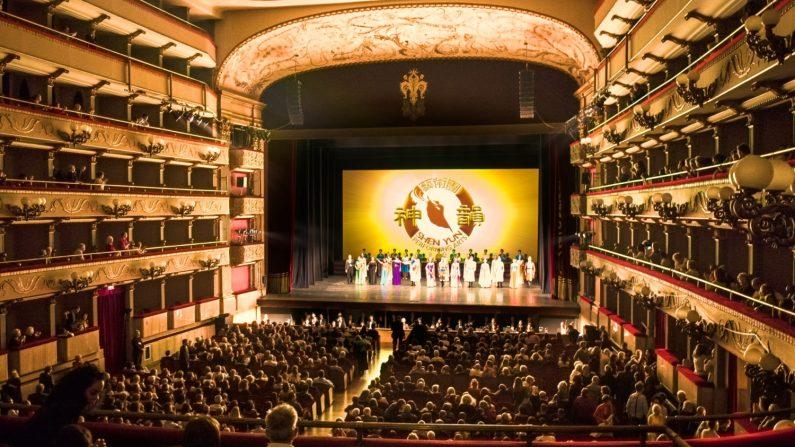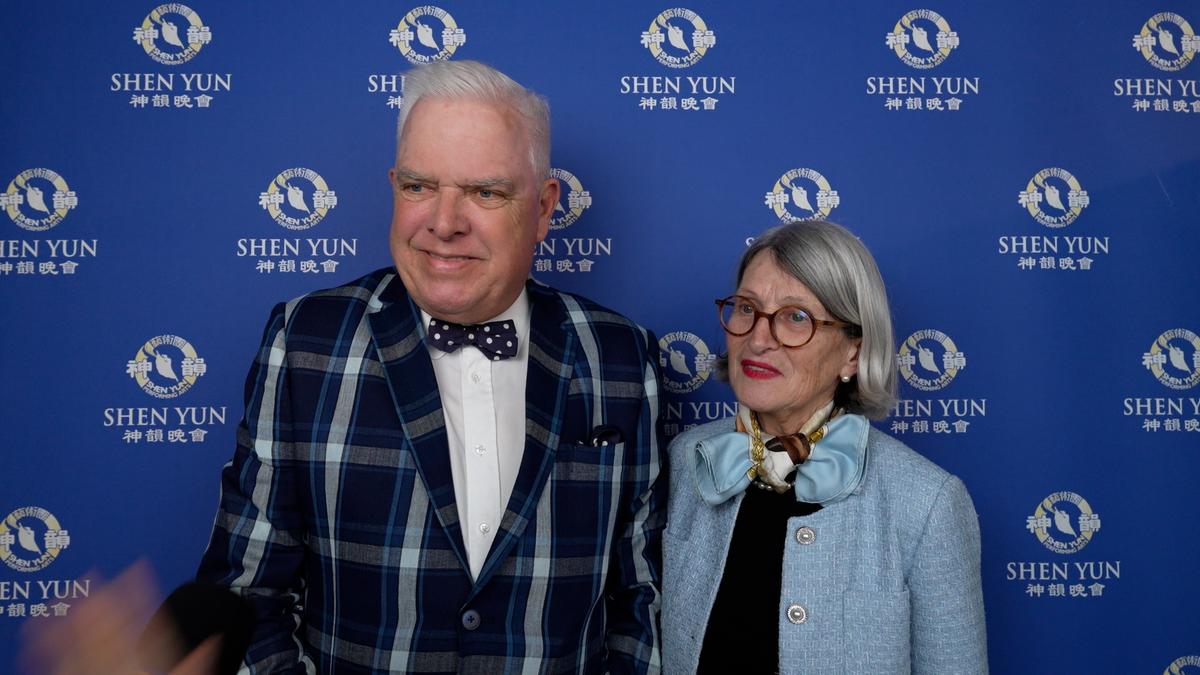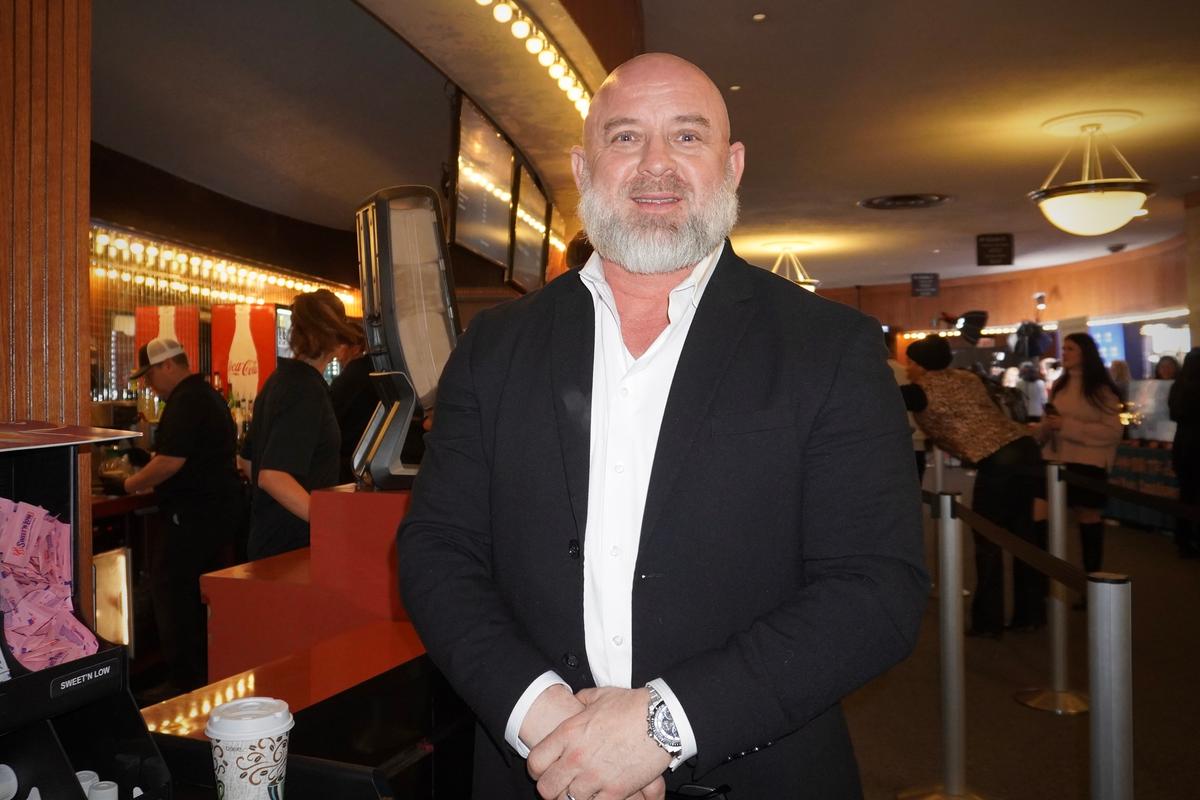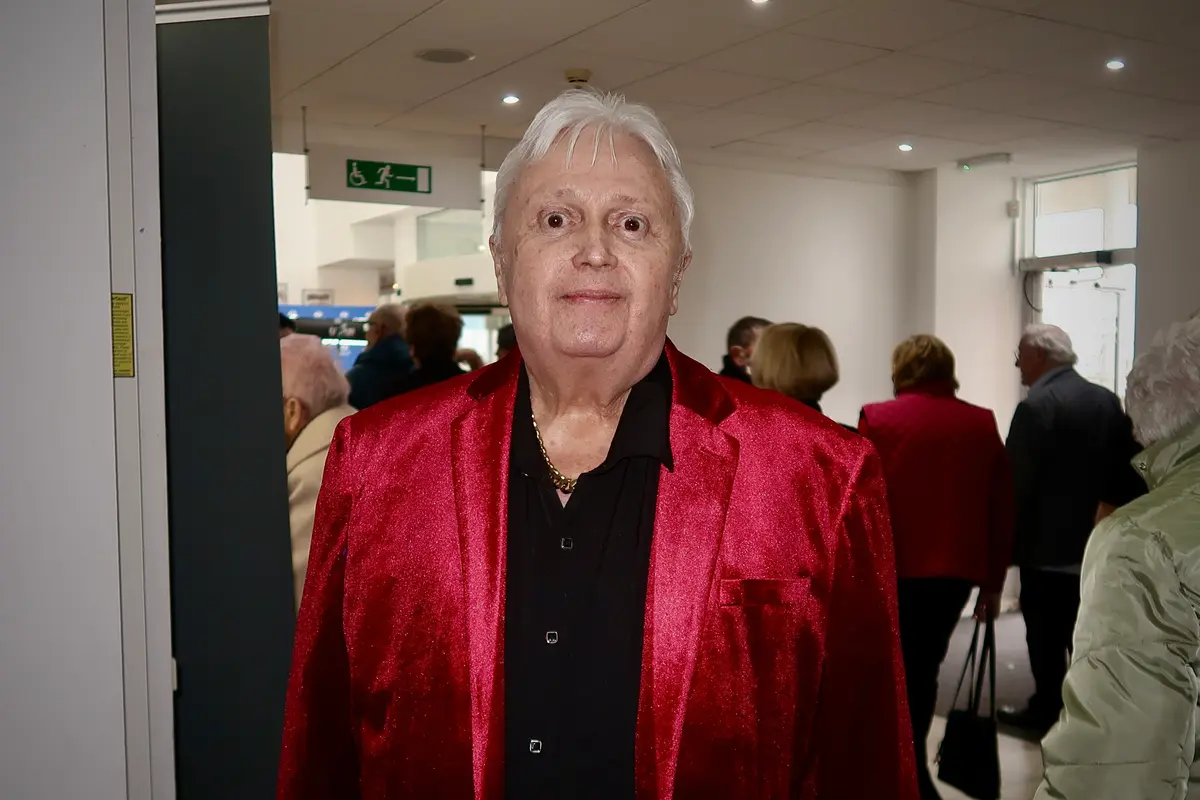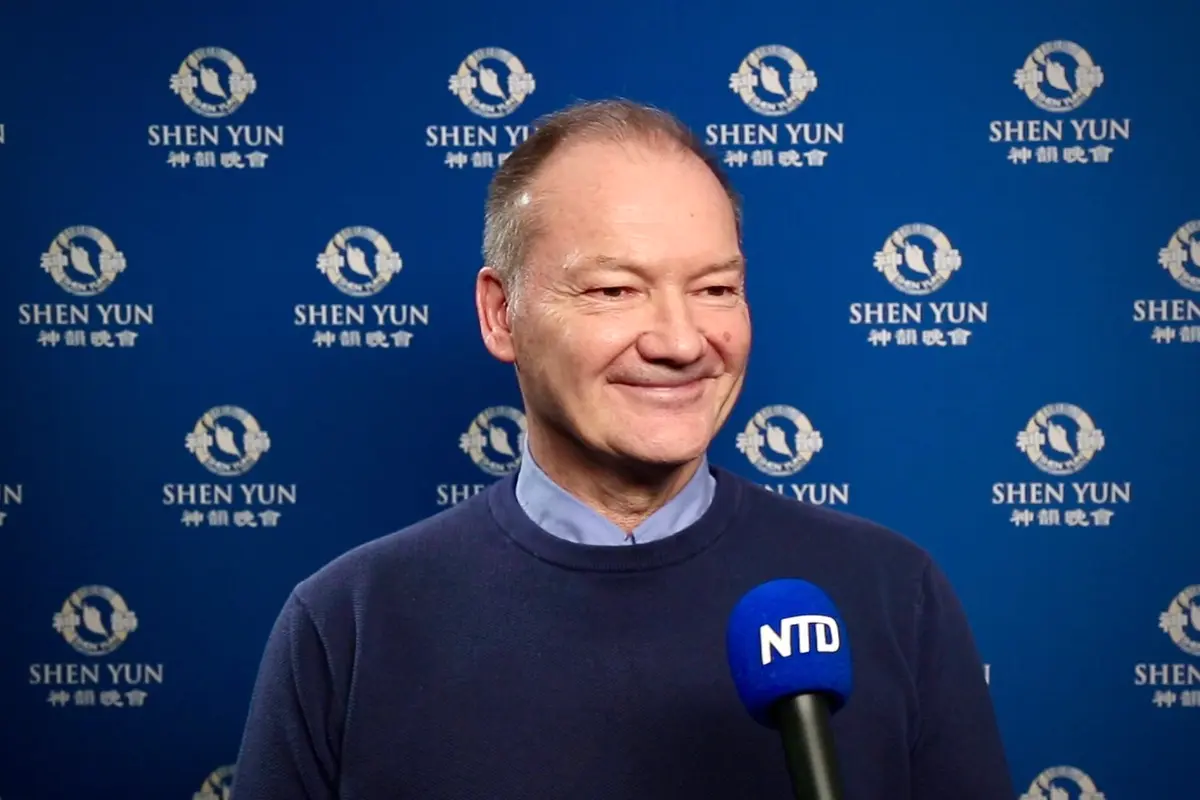Princess Michael of Kent, a member of the British royal family, once sang high praises for Shen Yun, the New York-based performing arts company that showcases traditional Chinese culture through an annual global tour that has drawn hundreds of thousands of audiences. So have scores of regular arts lovers, dignitaries, politicians, and celebrities around the world who have attended Shen Yun’s performances.
Yet, the Chinese regime has consistently tried to cripple Shen Yun’s presence in the West, out of apparent frustration at its influence and engagement with sensitive contemporary topics in China.
Thus, Chinese consulates and their operatives around the world have for years pressured theaters not to lease their space to Shen Yun, or sought to coerce Western government officials to not attend the performances or voice support for the company.
Despite this international campaign, Western theaters and lawmakers have most often not caved to the pressure, and have instead asserted the value of freedom of expression and rejected the attempts at controlling their conduct.
Holland
During Shen Yun’s most recent 2018 tour, for example, the company was set to give four performances in two Dutch cities during the month of May.Weeks prior, local media exposed Chinese diplomats’ attempts to convince a local theater to cancel Shen Yun’s appearances.
“Simply because Shen Yun’s program depicts how the Chinese regime suppresses the spiritual group Falun Gong, Chinese diplomats have met with Holland’s foreign affairs minister, requesting that Shen Yun’s performances be canceled,” Dutch newspaper Algemeen Dagblad reported on April 18.
Based on the principles of truthfulness, compassion, and tolerance, Falun Gong, also known as Falun Dafa, attracted tens of millions of adherents in China soon after its introduction in 1992. The popularity of the practice and its failure to conform to communist orthodoxy led the Communist Party leader at the time, Jiang Zemin, to launch a nationwide campaign in July 1999 to eliminate it. The Party’s entire propaganda apparatus was directed to vilify Falun Gong and any who practiced it.
As part of Shen Yun’s representation of modern-day China, some of its dances portray the ongoing persecution. Beijing’s apparent fear of the extent of the campaign being revealed to international audiences has fueled its attempts to stop Shen Yun—often by spreading Beijing’s hate propaganda against it.
Shen Yun was founded in 2006 in New York by artists in exile; its website says that the company aims to revive 5,000 years of Chinese civilization—a feat impossible in mainland China where the Communist Party’s atheist ideology has destroyed elements of Chinese history and culture since it took power.
Holland’s foreign affairs ministry responded that the decision was up to the theater venue, the Nieuwe Luxor theater in Rotterdam.
The theater decided that the show would go on.
A week later, Shen Yun announced that it would extend its engagement to a third city, Breda, performing two showings at the Chassé theater.
Denmark
This year, a Danish radio station also exposed the Chinese Embassy’s attempts to stop the Royal Danish Theater from hosting Shen Yun.According to a report by Radio24syv published on Feb. 19, 2018, local Shen Yun organizers wrote a letter to Danish authorities last September, appealing for the company to be allowed to perform at the renowned Royal Danish Theater.
According to emails obtained by Radio24syv, when Denmark’s Ministry of Culture requested a comment from the Royal Danish Theater, one of its employees revealed to another staff member that he or she had met with the Chinese embassy in August.
“They [the embassy] ended the meeting by asking if we had a dialogue with Shen Yun, and requested that we shouldn’t allow them to rent our facilities,” the email stated.
Theater director Morten Hesseldahl and culture minister Mette Bock denied the accusation and said they were not aware of any pressure from the Chinese embassy.
But upon publication of the news, several prominent Danish figures, including Bente Hagelund, president of the People’s University of Copenhagen, and several lawmakers, expressed outrage at what they perceived as the Chinese regime’s interference in Danish affairs.
Spain
In 2014, Chinese diplomats in Barcelona, Spain tried similar tactics.Consulate officials first appealed to the National Theatre of Catalonia, where Shen Yun was due to perform, demanding that the performance be canceled because it “went against the interests of the Chinese Communist Party,” according to a report by Spanish newspaper El Mundo.
When that failed, the Chinese officials tried to pressure senior officials at Spain’s Foreign Ministry.
If Shen Yun is allowed to perform, relations between Spain and China would be compromised, the Chinese diplomats said, which “subliminally pointed to China’s investments in our country and exports of Spanish products,” El Mundo reported.
Similar stories have been documented wherever Shen Yun performs. In Switzerland in 2011, the Swiss-German newspaper Tages-Anzeiger revealed that the Chinese consul, Liang Jianquan, met with the director of the venue, the Zurich Kongresshaus, directly to try swaying him.
When Shen Yun experienced the same interference this March in Berlin, Germany, local newspaper Der Tagesspiegel likened the Chinese regime’s interference to the heavy censorship of cultural arts and literature in East Germany. “Since East and West Germany were united, Berlin has never seen such censorship of the arts. Yet, the Chinese consulate has tried to interfere with Shen Yun’s performance in Berlin,” the newspaper article read.
New Zealand
In New Zealand in early 2011, Shen Yun encountered a different kind of scare tactic.The Chinese consul general in Auckland sent letters to dozens of local lawmakers in an attempt to persuade them to not attend Shen Yun’s performances.
“I’m really upset that the consulate should think it can influence elected members in a host country, where they’re our guest,” said Dr. Cathy Casey, then-Auckland City Council member, in an interview with The Epoch Times at the time. “This consul general has no right to tell me not to go to a production in Auckland. How dare they? It’s completely inappropriate behavior as a diplomat in this country.”
At the time, Casey filed formal complaints about the letter to the chief executive of the city council and the head of the consular corps in Auckland.
Around the same time, then-Green Party foreign affairs spokesperson, MP Keith Locke, received a letter signed by local Chinese associations that made similar requests, using the same defamatory comments Beijing uses to describe Falun Dafa and Shen Yun.
The letter demanded Locke not participate in Shen Yun “publicity events, nor consenting to send out any invitations to attend the performances on their behalf.”
“It’s the sort of censorship that goes on in China but it’s not the sort of censorship we should have in New Zealand, and I strongly object to it,” said Locke in an interview with The Epoch Times. “Some Chinese organizations in Auckland may be acting in league with the Auckland consulate in this matter.”
The Green Party later released a press statement expressing concerns about the Chinese regime’s influence on New Zealand politicians.
“While some politicians might laugh off this ham-fisted attempt to stop them from attending a cultural performance, others may feel pressured to avoid the event worried about what their presence at the concert could do to sister city or parliamentary relations with China,” the statement read.
Shen Yun has continued traveling to New Zealand. The company is due to perform at the same Auckland theater Beijing tried so hard to get local politicians to avoid—the ASB Theatre—during its 2019 tour.
Similarly, Shen Yun is due to perform in Zurich, Switzerland again, as well as in Berlin and Essen, Germany. And Paris, France will host Shen Yun twice next year.

